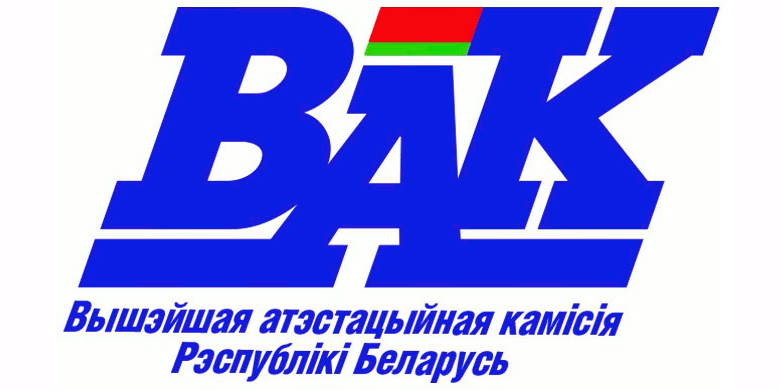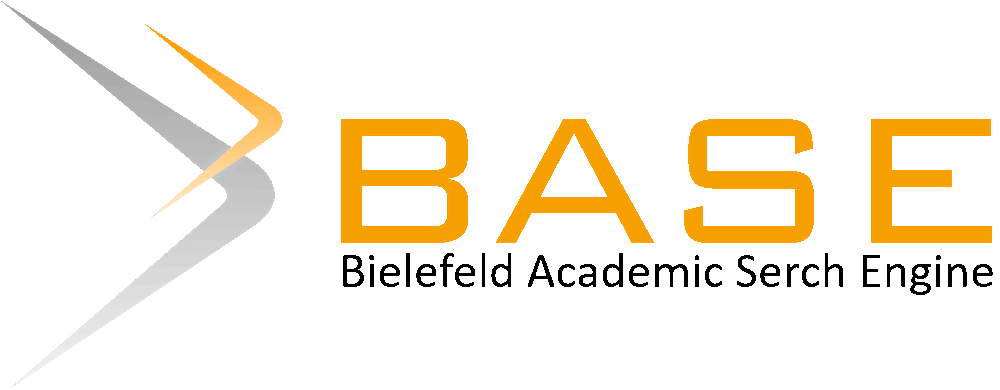Управление программами двойных дипломов в общеевропейской перспективе
Аннотация
В статье анализируются общеевропейские подходы к разработке программ двойных дипломов. Представлены основные модели программ двойных дипломов, предложен алгоритм управления программами двойных дипломов на основе анализа европейской практики. Авторами также рассмотрены проблемы, связанные с разработкой и внедрением программ двойных дипломов, внесены предложения и рекомендации для интенсификации разработки программ двойных дипломов в Республике Беларусь. Ключевые слова: разработка и реализация программ двойного диплома, модели программ двойного диплома, алгоритм управления программами двойного диплома. = All–European approaches to the double degree program elaboration are analyzed in the paper. Basic models of double degree programs are given; double degree program management algorithm on the basis of the European practice analysis is offered. The problems connected with double degree program elaboration and implementation are viewed by the authors; suggestions and recommendations for double degree program elaboration intensification in the Republic of Belarus are offered. Key words: double degree program elaboration and implementation, double degree program models, double degree program management algorithm.Библиографические ссылки
Sinyatkin, I. Analysis of Double Degree Programmes between EU and Russian HEIS. FINAL REPORT (Russian version) / I. Sinyatkin, A. Mishin, E. Karpuhina // Letter of Contract N 2009/222440, November 2010. –
с.
Obst, D. Joint and Double Degree Programs in the Global Context / D. Obst, M. Kuder, C. Banks // Institute of International Education, 2011. – 40 с.
European Commission / EACEA / Eurydice, 2015. The European Higher Education Area in 2015: Bologna Process Implementation Report. – Luxembourg : Publications Office of the European Union, 2015. – 300 с.
Хмель, О.А.Совместные образовательные программы и программы двойных дипломов: основные проблемы и пути решения. Economic Development: Processes and Tendencies / O.A. Хмель, О.А. Теляк //
International scientific–practical conference held in Vilniaus Kolegija / University of Applied Sciences Faculty of Economics in April 29, 2015, the material (collection of articles), Volume I. – Vilnius : Vilniaus kolegija, 2015, p. 240–251.
Загрузки
Как цитировать
Выпуск
Раздел
Лицензия
Автор предоставляет Редакции журнала на весь срок действия исключительных прав на Произведение следующие права:
1. право на воспроизведение Произведения (опубликование, обнародование, дублирование, тиражирование или иное размножение Произведения) без ограничения тиража экземпляров. При этом каждый экземпляр Произведения должен содержать имя автора Произведения;
2. право на распространение Произведения любым способом;
3. право на включение в составное произведение;
4. право на доведение до всеобщего сведения;
5. на использование метаданных (название, имя автора (правообладателя), аннотации, библиографические материалы и пр.) Произведений путем распространения и доведения до всеобщего сведения, обработки и систематизации, а также включения в различные базы данных и информационные системы.
6. право переуступить на договорных условиях частично или полностью полученные по настоящему договору права третьим лицам без выплаты Автору вознаграждения.
Автор передает права Редакция журналау по настоящему Договору на основе неисключительной лицензии.
Редакция журнала обязуется соблюдать предусмотренные действующим законодательством авторские права, права Автора, а также осуществлять их защиту и принимать все возможные меры для предупреждения нарушения авторских прав третьими лицами.
Территория, на которой допускается использование прав на Произведения, не ограничена.
Автор также предоставляет Редакция журналау право хранения и обработки следующих своих персональных данных без ограничения по сроку:
• фамилия, имя, отчество;
• дата рождения;
• сведения об образовании;
• сведения о месте работы и занимаемой должности;
• сведения о наличии опубликованных произведений литературы, науки и искусства.
Персональные данные предоставляются для их хранения и обработки в различных базах данных и информационных системах, включения их в аналитические и статистические отчетности, создания обоснованных взаимосвязей объектов произведений науки, литературы и искусства с персональными данными и т.п.
Редакция журнала имеет право передать указанные данные для обработки и хранения третьим лицам при условии уведомления о таком факте с предоставлением сведений о третьем лице (наименование и адрес) Автору.
Отзыв согласия на хранение и обработку персональных данных производится Автором путем направления соответствующего письменного уведомления Редакции журнала.
Автор и Редакция журнала несут в соответствии с действующим законодательством Республики Беларусь имущественную и иную юридическую ответственность за неисполнение или ненадлежащее исполнение своих обязательств.
Сторона, ненадлежащим образом исполнившая или не исполнившая свои обязанности, обязана возместить убытки, причиненные другой Стороне, включая упущенную выгоду.
Все споры и разногласия Сторон, вытекающие из условий настоящего Договора, подлежат урегулированию путем переговоров, а в случае их безрезультатности, указанные споры подлежат разрешению в суде в соответствии с действующим законодательством Республики Беларусь.
Расторжение настоящего соглашения возможно в любое время по обоюдному согласию Сторон, с обязательным подписанием Сторонами соответствующего соглашения об этом.
Расторжение настоящего соглашения в одностороннем порядке возможно в случаях, предусмотренных действующим законодательством, либо по решению суда.
Во всем, что не предусмотрено настоящим соглашением, Стороны руководствуются нормами действующего законодательства Республики Беларусь.















.gif)
